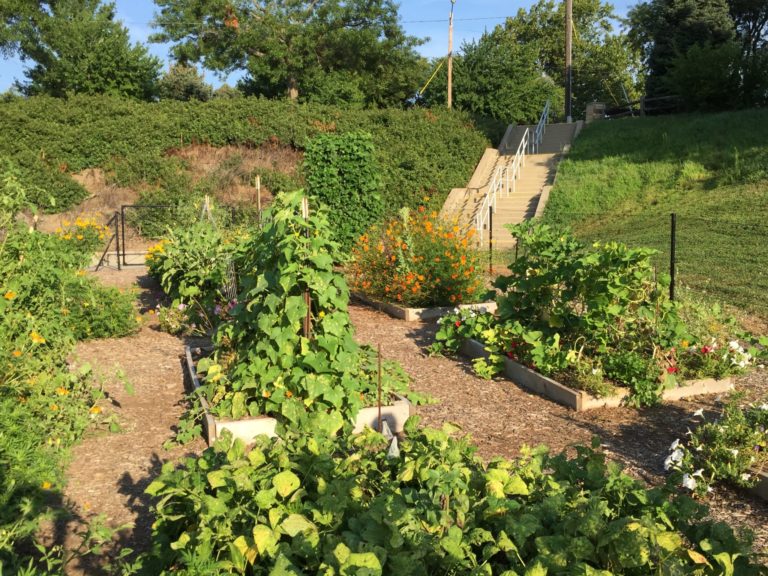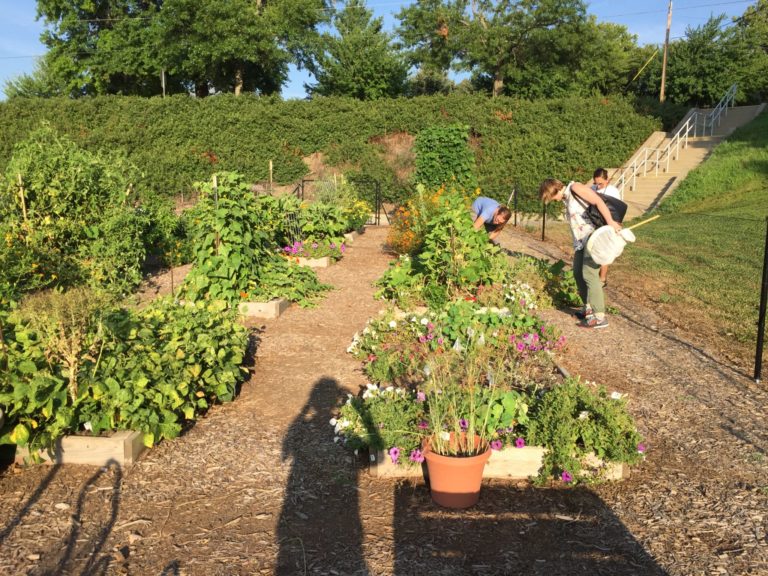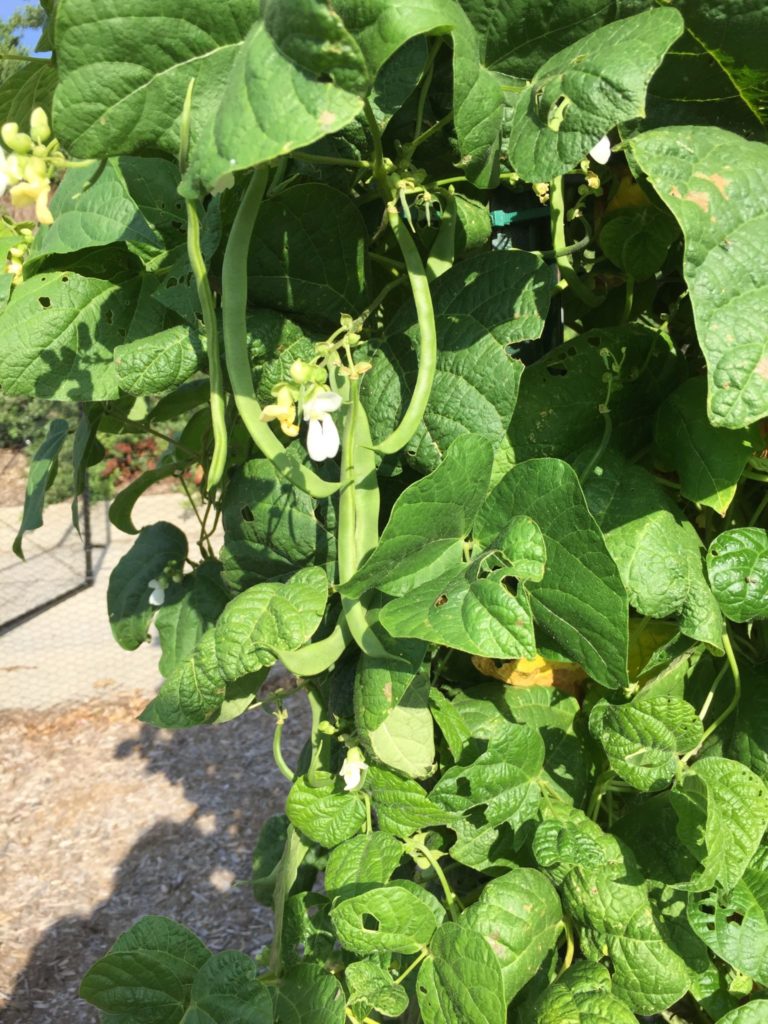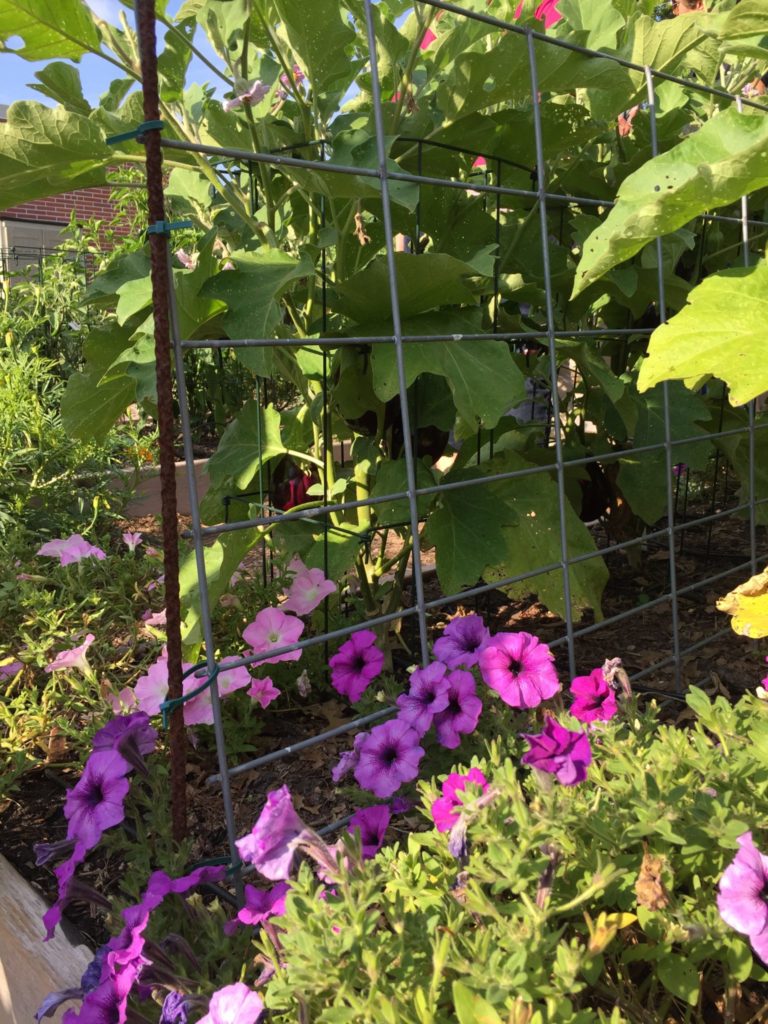Farm to School
Purchasing Local Foods
Menu planning and purchasing are year round activities for Nutrition Services. Local products must meet strict food safety standards. Vendors of items such as chicken, flour, and milk can supply products throughout the school year. Local fresh produce is purchased when in season.
Buying from local producers has many benefits including fresher, higher quality products as well as increased fruit and vegetable consumption. Local purchasing also reduces delivery time, creates new jobs, and strengthens the local economy.
Each month Lincoln Public Schools offers an “Eat Local Nebraska Thursday” menu with items raised in or around Nebraska including fresh chicken thighs, watermelon (when in season), homemade cinnamon rolls and milk.
Purchasing Statistics
Locally Grown Item of the Month
Fall is harvest time in Nebraska, and offers many local flavors. A variety of fresh local produce is incorporated into student menus. These crisp, colorful options add menu appeal as well as, promoting increased consumption of fruits and vegetables.
Signage educates students about where items are grown, and the delivery distance to Lincoln Public Schools.
Nutrition Education
Farm to School has been shown to increase student consumption of both fruits and vegetables. Nutrition Education can take on many different forms through Farm to School including the following:
- Posters featuring local food- Where they are grown, the nutrient content, along with fun facts
- Special school menus- Featuring local items on the menu increases awareness and interest in foods. Farm to School highlights familiar as well as new food items, where they come from, how they are grown or produced, nutritional content and benefits.
- Classroom education units.
- After school care hands-on activities- Planting, harvesting, cooking, and tasting.
- Gardening activities, which promote physical activity and working together.
- Field trips to local farms such as dairy farms, pumpkin farms, or apple orchards.
School Gardens
More than 20 LPS schools have school gardens. School gardens don’t just grow vegetables, they are much more.
School gardens can provide an “outdoor classroom” setting, which is ideal for learning a variety of concepts beyond food & nutrition: math, art, and science, just to name a few.
School gardens also foster community relations and connections. School neighbors often lend a helping hand with planting, watering, weeding, or keeping watch during non-school hours or on non-school days.
Produce harvested from school gardens is taste tested by students, and even donated to families in need.
Contact your local school if you are interested in volunteering in the school garden.
Learn more about LPS school gardens HERE




